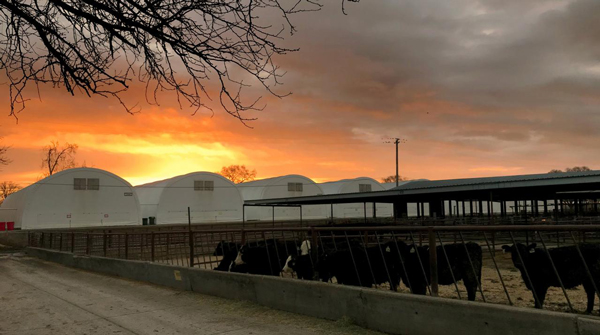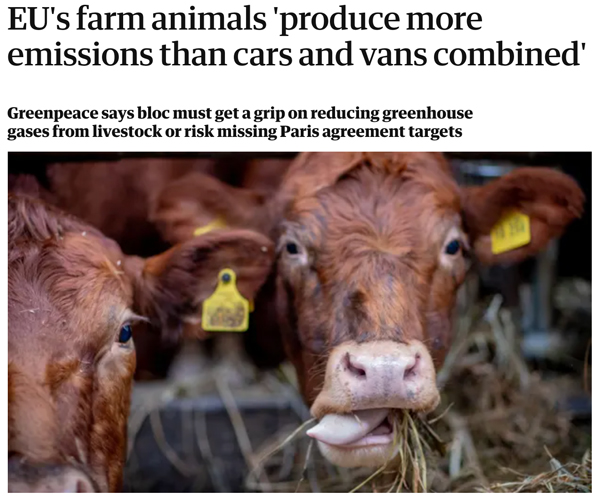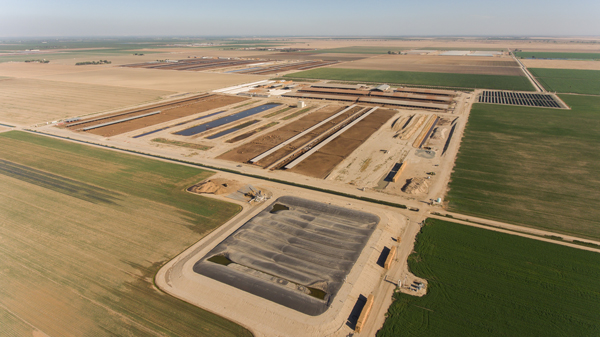
THREAD:
Accounting correctly for methane’s short-lived nature isn’t greenwashing, it’s science. This great paper reinforces what we at @UCDavisCLEAR have been saying – agriculture methane warms differently than fossil CO2. 1/
LINK: doi.org/10.3389/fsufs.…
Accounting correctly for methane’s short-lived nature isn’t greenwashing, it’s science. This great paper reinforces what we at @UCDavisCLEAR have been saying – agriculture methane warms differently than fossil CO2. 1/
LINK: doi.org/10.3389/fsufs.…

We need to rethink methane from ag, because it doesn’t warm like fossil CO2. Methane persists in the air for 12 years before most is removed. CO2 lasts for 1000 years, building up and warming long after it’s emitted. Here's a deep dive into ag CH4: 2/ clear.ucdavis.edu/news/methane-h…
If you haven’t seen it you, you should watch the CLEAR Center’s video on #rethinkingmethane, goes into more detail about how methane warms: 3/
You may think I sound like a broken record. But I’m just saying it louder for those who think this is semantics or a free lunch for ag. No one is saying that methane does not warm the planet, only that it warms differently than stock gases and we can leverage that fact. 4/
The authors (@civiltalker, @ClimateFramo, @ClimateBook & John Lynch) note: “Reducing CO2 emissions to zero is therefore necessary to prevent further warming, but for methane, completely eliminating emissions goes beyond what is required for temperature stabilization.” 5/
In other words, methane from constant ruminant herds can be climate neutral. Reducing CH4 beyond that will lead to negative warming & buy time while we decarbonize other sectors. Which we must do, or we’ll see a warmer world no matter how much we reduce methane from livestock. 6/
This is why my research is primarily focused on reducing emissions in animal agriculture. Because real and plausible solutions are so evident and within reach when we quantify climate impacts correctly. 7/
Here’s the link to the paper and a well-done thread from one of the authors, Dr. Michelle Cain. I highly encourage you to read both: 8/8
https://twitter.com/civiltalker/status/1357261912178835458
• • •
Missing some Tweet in this thread? You can try to
force a refresh






